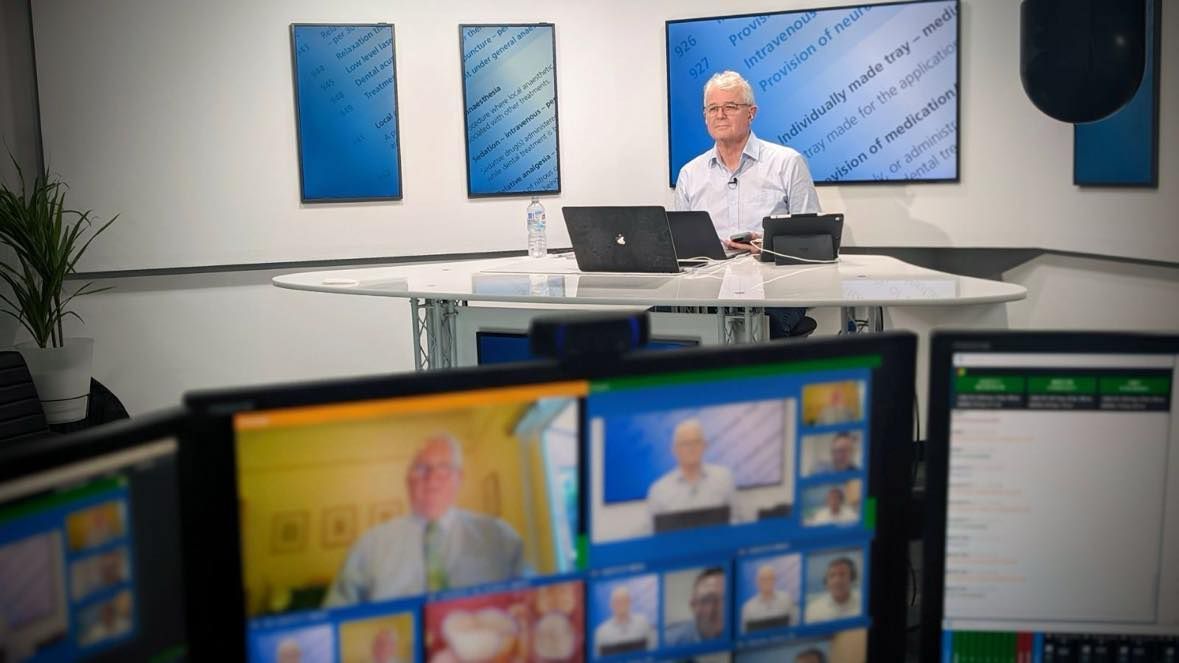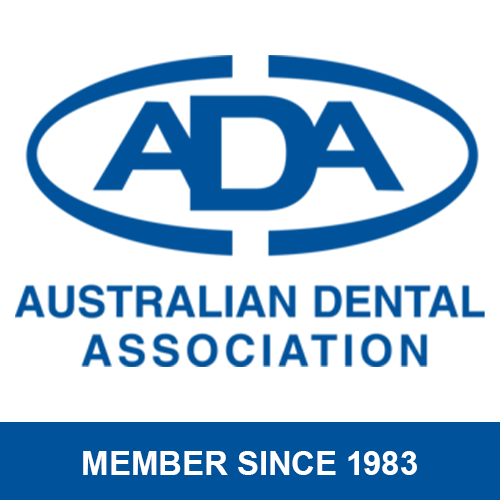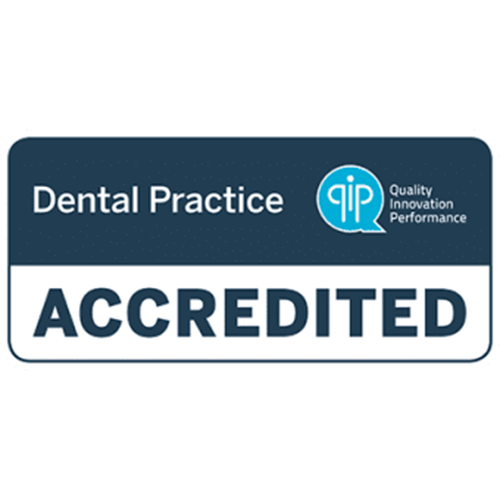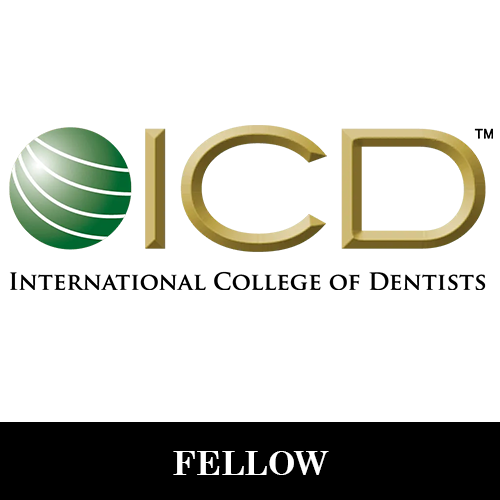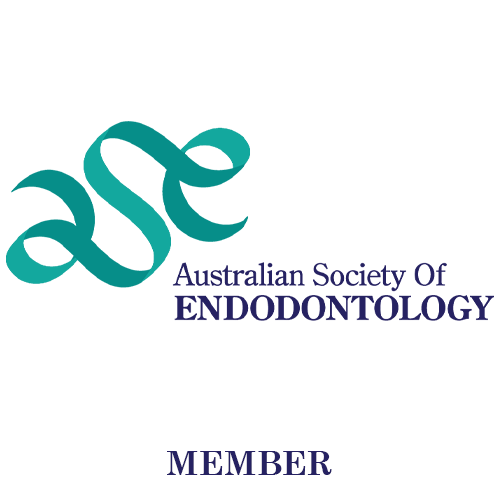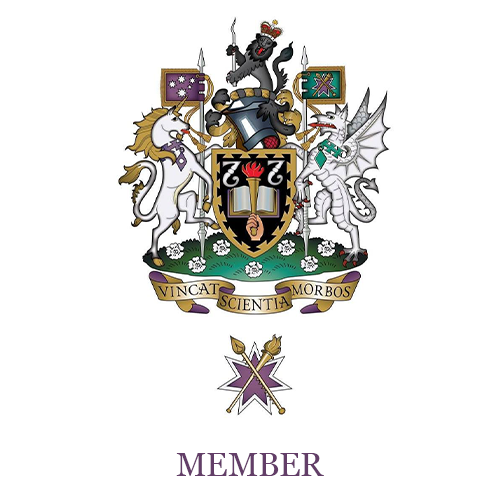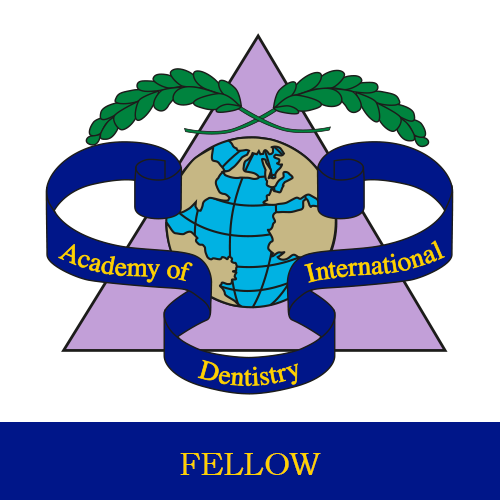Dental Care Tips For Kiddies
Get him used to cleaning his mouth, long before his teeth arrive.
After you feed him, gently wipe his gums with a damp washcloth wrapped around a finger.
Start caring for his teeth as soon as they begin to appear.
Sure, the baby teeth aren’t around forever but they are just as important as the permanent teeth that will come later. The baby teeth hold the space that the permanent teeth will need for correct placement and help your baby talk and eat.
Look out for holes.
The first signs of cavities in baby teeth are usually a discolouration in the tooth. The best way to avoid tooth decay in babies and toddlers, is to never put your child to bed with a bottle of milk or juice. If he routinely falls asleep with a bottle, he won’t have brushed his teeth before bed, which means that the sweet drink (and milk has plenty of sugars in it!) has been allowed to coat his teeth for hours. If you must give him a bottle to get him to settle, try offering water only.
Give him a drink of water after every meal.
With a small drink of water after each meal, most foods will simply wash off your baby’s teeth, doing most of the work for you.
Make sure that he is getting enough fluoride.
Even if your child isn’t using a fluoride toothpaste, he should get enough fluoride through our drinking water. Fluoride is extremely important for preventing tooth decay and was introduced into the water supply for this very reason. If you don’t have access to fluoridated water, talk to your GP about a fluoride supplement for your baby.
Take him to the dentist. Many parents mistakenly believe that the first visit to the dentist coincides with the loss of baby teeth, or the beginning of school. In fact, the first visit to the dentist should take place around the age of 3 (unless before then you have spotted a problem or your child is complaining of toothache), even if it’s only so he can sit in the big chair, open his mouth and then be congratulated on how beautifully he is looking after his teeth!
This article was written by Ella Walsh for Kidspot. Sources include
Vic. Govt’s Better Health Channel.
Site Links
Our Services
Locations We Service
Contacts
ABN: 40 525 320 779
Trading Hours
- Monday
- -
- Tuesday
- -
- Wednesday
- -
- Thursday
- -
- Friday
- -
- Saturday
- Closed
- Sunday
- Closed


